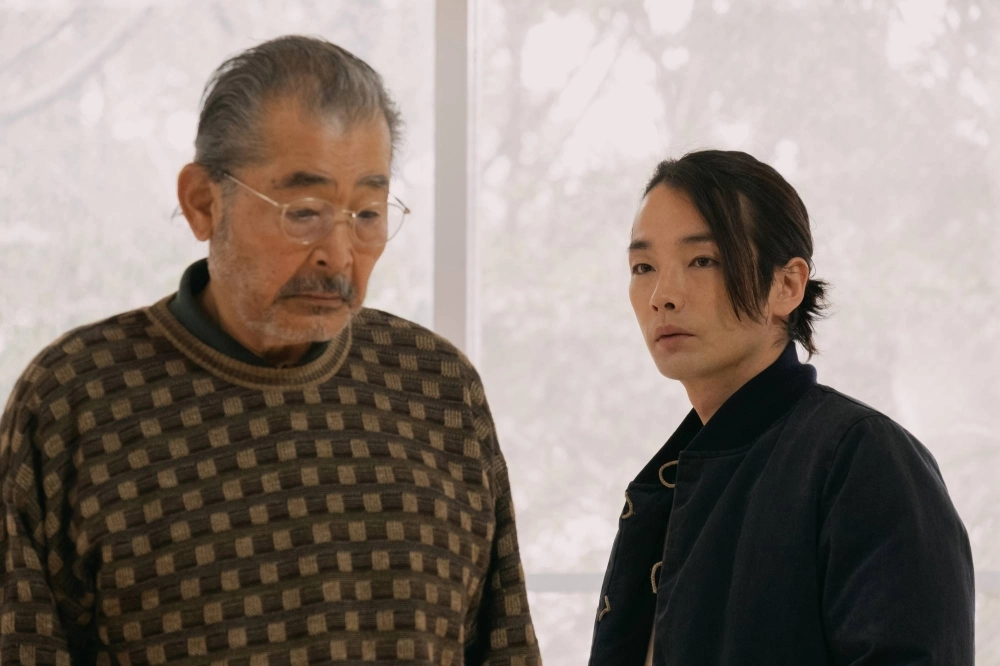Dementia has long been a go-to theme for Japanese movies and TV dramas. Demographics is a reason: Japan, with its aging population, faces a tidal wave of elderly with cognitive impairments, so filmmakers are responding to a tragedy ever more common around them.
Kei Chikaura’s dark family drama “Great Absence” is the latest domestic film with an Alzheimer’s-affected protagonist. Co-scripted by Chikaura and Keita Kumano, it does not spare the audience the specifics of the disease, which reduces a retired university professor, Yohji Toyama (Tatsuya Fuji), from an eloquent speaker at a deceased mentor’s memorial service to a babbling paranoid shell.
Cue-the-violins sentimentality, though, is nowhere in sight. Instead, we see the damage he has done to those around him with his callousness, selfishness and, in one graphically depicted incident, sexual violence. Unlike the cranky but warm-hearted old men Fuji has made a late-career specialty, “lovable” never comes to mind as a descriptive for this character.



















With your current subscription plan you can comment on stories. However, before writing your first comment, please create a display name in the Profile section of your subscriber account page.